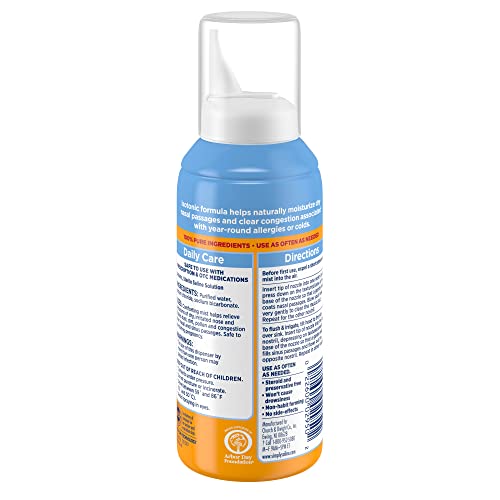Snort. Wheeze. Roar.
It’s impossible to ignore snoring in your bedroom. Snoring might irritate loved ones who are attempting to get some sleep.
However, it could be an indication of obstructive sleep apnea, a potentially fatal disorder that causes difficulty in breathing. Therefore, it’s essential to determine the source of your snoring – and how to resolve the issue so that everyone can sleep peacefully.
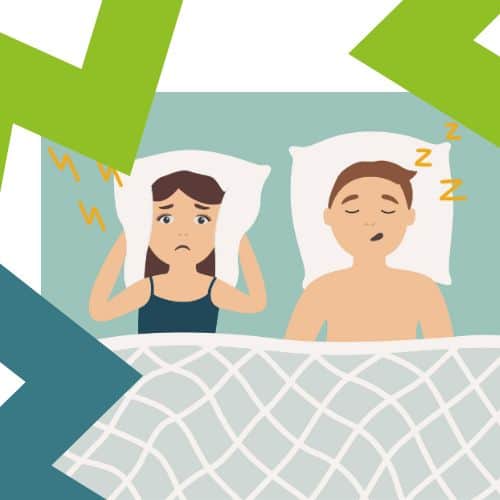
Meaning of Snoring
Snoring is a type of noisy breathing that occurs during sleep. It is a common disorder that can affect anyone, although it occurs more frequently in men and obese individuals. Snoring typically worsens with age [1].
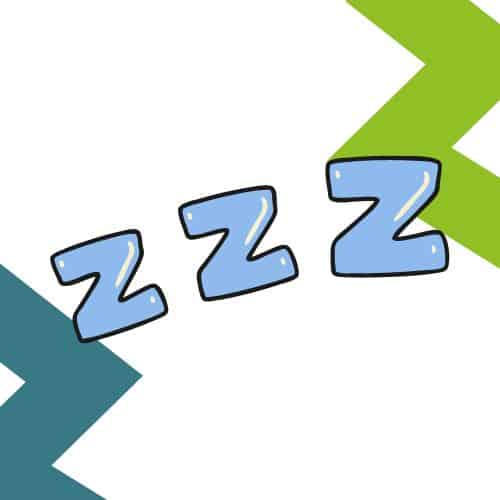
Occasionally snoring is not a severe issue. It’s primarily a source of irritation for your bedmate. However, if you snore for an extended period, you not only disrupt the sleep habits of others around you but also degrade your own sleep quality.
Additionally, snoring might be a symptom of a more serious health problem, such as obstructive sleep apnea. Consult your physician if you have excessive daytime sleepiness, if you snore frequently or loudly, or if your friend observes that you occasionally stop breathing. You may require medical assistance so that you (and your loved ones) can sleep well.
Causes Of Snoring
Snoring is something that anyone — men, women, and even children — can do. Snoring is extremely frequent in children; however, it is more prevalent in men and overweight individuals. And it most commonly gets worse as you age.

When breathing, the air is expelled through the throat, mouth, and nose. When you force air through a constricted airway, the soft palate (the rear of the roof of the mouth), tongue, adenoids, and tonsils vibrate against one another. The vibrations produce a rattling, rumbling sound. Certain individuals are simply born snorers.
However, snoring is frequently the result of an underlying disease, such as Obesity, nasal structural abnormalities, for example, deviated septum, tonsils, or adenoids that are enlarged, and chronic stuffiness [2].
Other causes of snoring include the intake of alcohol and other sedatives. That is because these sedatives cause muscles to relax, so obstruct airflow. Additionally, excessive body fat exerts pressure on soft tissues and constricts the airway. Moreover, pregnancy hormones promote inflammation in the nose.
Muscle weakness and low tone in the throat, nose, and mouth also contribute to snoring. Furthermore, Congestion and inflammation of the nose are caused by a cold, flu, allergies, or airborne irritants that also cause snoring.
Tips To Stop Snoring While Sleeping
1. Change Your Sleeping Position
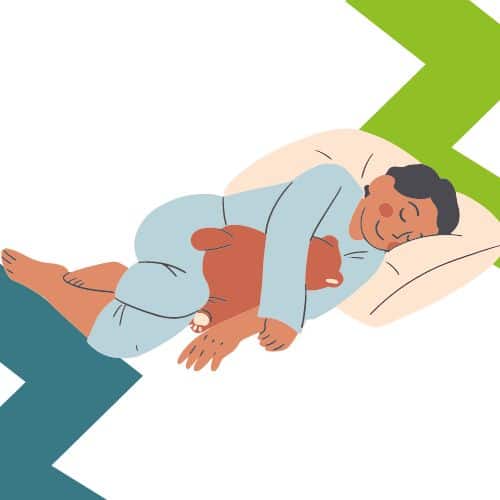
While sleeping, lying on your back causes the base of your tongue and soft palate to compress against the back wall of your throat, resulting in a vibrating sound. By sleeping on your side, you may be able to avoid this. Using a body cushion (a full-length pillow that supports your complete body) is a simple cure. It allows you to sleep on your side and can make a significant difference.
Moreover, tennis balls taped to the back of your pajamas can also prevent you from sleeping on your back. Alternatively, you can recline the bed with your head up and extended, which helps to free up the nasal airway passages and may help reduce snoring. This, however, may result in neck pain [3].
Snoring that persists despite changing a more accurate sleep position may be a sign of obstructive sleep apnea. In this case, consult a physician.
2. Open Nasal Passages
Keeping nasal airways open may assist if snoring begins in the nose. It causes the air to move slowly through nasal passages. Consider this narrow nasal passage a small garden hose with water flowing through it. The narrower the hose, the faster the flow of water.
Your nasal passageways work in a similar way. If your nose is clogged or restricted as a result of a cold or another obstruction, the rapidly moving air is more likely to cause snoring. Taking a hot shower before bed can assist in opening nasal passages. In the shower, keep a bottle of saltwater rinse. Rinse it out of your nose when you’re showering to assist in opening up passages.
- Breathe Right nasal strips open your nose up to 38% more than allergy decongestant sprays alone and can help you reduce or even stop nasal snoring
Additionally, you can cleanse your nasal passages with a salt-water solution using a net pot. Nasal strips may also be used to raise and open nasal passageways if the issue is with the nose and not the soft palate.
3. Reduce Weight
According to the experts, Weight loss is one of the earliest and most effective treatment options for snoring [4]. This suggestion is limited to individuals who are obese or overweight. The “National Heart, Lung, and Blood Institute”: provides an easy-to-use chart to assist you in determining whether you are a healthy weight based on your waistline, weight, and height measurement [5].
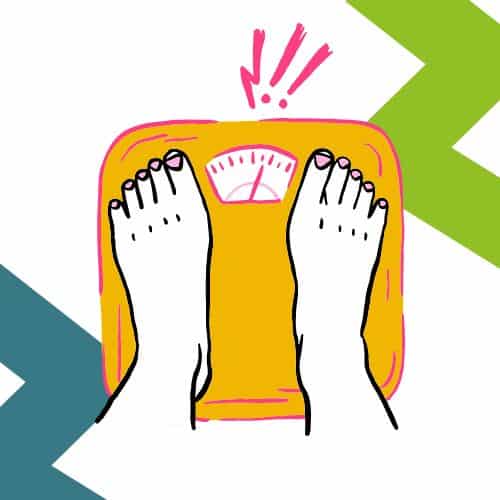
Consider losing weight because Obesity increases the risk of snoring and the development of obstructive sleep apnea. Weight loss has been shown to improve both snoring and obstructive sleep apnea symptoms in people having a higher “body mass index”.
4. Try Mouth Exercises
Along with general activity, consider mouth exercises to help you reduce snoring. These activities are referred to clinically as “oropharyngeal exercises”, and they have been shown to significantly decrease snoring.
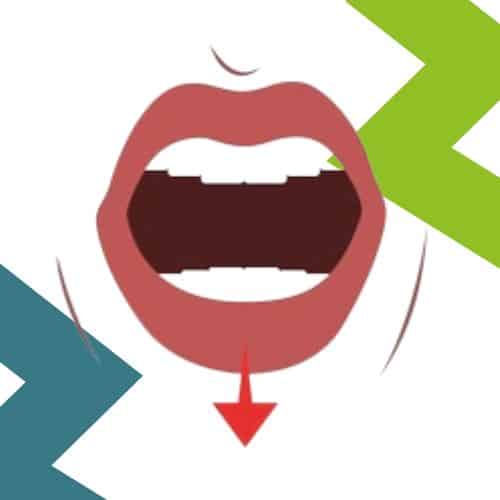
Mouth exercises include constantly moving your tongue and other mouthparts in order to strengthen the throat muscles, soft palate, and tongue. According to one research, people who exercised mouth exercises for three months reported a 59 percent reduction in snoring [7].
5. Give Up Smoking
Cigarette smoking is connected with an increase in snoring. On the other hand, stopping smoking may aid you with your snoring issue. Moreover, children of smokers snore more. If you smoke and see your children snoring, quitting may help them prevent snoring as well.
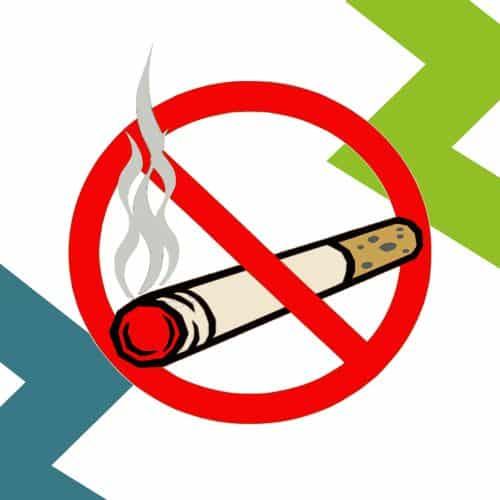
Apparently, snoring is included in one of the more minor side effects of cigarette smoking. Cigarettes are responsible for roughly “one-third of coronary heart disease deaths” and 90% of “lung cancer” cases in the United States, as well as reducing each smoker’s life expectancy by an average of ten years [8].
6. Receive The CPAP Treatment
Continuous positive airway pressure (CPAP) is generally acknowledged as the gold standard treatment for obstructive sleep apnea (OSA) and snoring. While sleeping, you wear a mask over your mouth or nose that breathes air into your airways, and the pressurized air keeps your airways open [9].
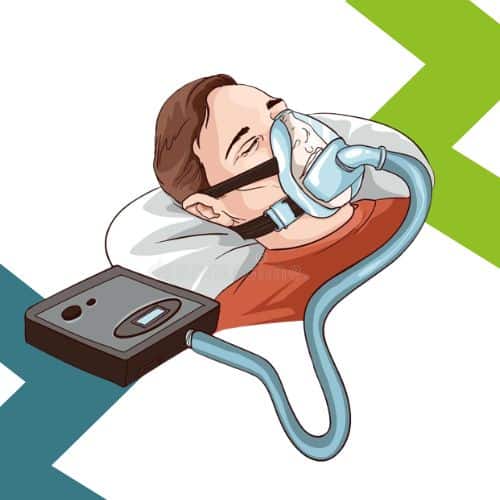
Historically, the gadgets were big and unwieldy and had a less-than-stellar reputation. However, experts claim that they have come a long way. Today’s machines are streamlined, compact, and quiet, with a variety of attachments for added comfort. It may take some time to adjust, but it quickly eliminates snoring and sleep apnea.
7. Use Oral Appliances
If a CPAP is not an option for you, an oral appliance may provide snoring relief. These mouthguard-style devices help maintain an open airway while you sleep by repositioning the lower jaw forward.

While certain over-the-counter options are available. But it is better to consult an oral surgeon or dentist for a custom-made device. An ill-fitting appliance might strain the jaw and create a new problem.
8. Reducing Alcohol Intake
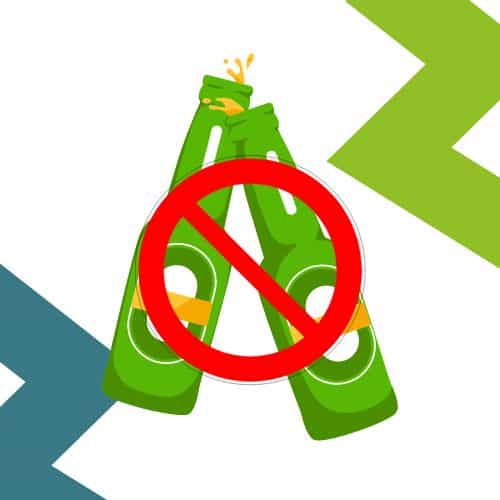
In general, avoiding beverages before bedtime is beneficial for sleep quality. For snoring, it is particularly useful [10]. Alcohol may cause relaxation of the airway muscles while you sleep, so avoid it for many hours before bedtime.
9. Using Nasal Decongestants
- RELIEVES DRYNESS: Gentle mist helps to moisturize and relieve dryness in the nose
- CLEARS CONGESTION: Helps to alleviate congestion and stuffy noses, and flushes irritants from the nasal passage
If nasal congestion such as a common cold or sinus infection is the cause of your snoring taking a decongestant can help you stop snoring. Intranasal steroid sprays are a viable treatment option for persistent nasal congestion. However, you should consult your physician before beginning any of these treatments.
10. Use a Nasal Strip or Dilator
You can use nasal dilators to prevent snoring. External and internal nasal dilators are targeted toward increasing airflow as you sleep. Consequently, they may lessen snoring. These inexpensive devices are available in most drug stores and are online.
- Breathe Right nasal strips open your nose up to 38% more than allergy decongestant sprays alone and can help you reduce or even stop nasal snoring
These dilators are the flexible thin strips that open the nasal passageways by tension. An external dilator or nasal strip is attached to the outside of the nose via an adhesive. As it attempts to maintain its shape, the muscle pulls outward, raising the skin on the nose and widening the nasal passages.
Internal nasal dilators work similarly to external dilators but from the inside. As opposed to pulling on the outside of the nose, it pushes outward. According to studies, both external and internal dilators reduce snoring, but internal dilators are typically more effective [11].
Takeaway
Snoring is a common disorder that can affect anyone. There could be different causes of snoring, such as pregnancy, structural abnormalities of the nose, throat, and mouth, nasal irritation, and underlying disease. Fortunately, with the help of different strategies and treatment options, snoring can be controlled.
These strategies include mouth exercises, limiting alcohol intake and smoking cessation, and the use of oral appliances. However, if you snore frequently, then you need to consult a doctor immediately.
References
1. De Meyer, M. M., Jacquet, W., Vanderveken, O. M., & Marks, L. A. (2019). A systematic review of the different aspects of primary snoring. Sleep Medicine Reviews, 45, 88-94.
2. Starovoytova, D. (2018). Snoring and its management (Part 1/2): A Review. Innovative Systems Design and Engineering, 9(2), 2222-1727.
3. Benoist, L. B. L., Beelen, A. M. E. H., Torensma, B., & de Vries, N. (2018). Subjective effects of the sleep position trainer on snoring outcomes in position-dependent non-apneic snorers. European Archives of Oto-Rhino-Laryngology, 275(8), 2169-2176.
4. Stuck, B. A., & Hofauer, B. (2019). The diagnosis and treatment of snoring in adults. Deutsches Aerzteblatt Online, 116(48), 817–824. https://pubmed.ncbi.nlm.nih.gov/31888795/.
5. National Heart, Lung, and Blood Institute, Department of Health and Human Services, & Community Health Worker. (2013, December). Are you at a healthy weight? National Heart, Lung, and Blood Institute. Retrieved April 14, 2021, from https://www.nhlbi.nih.gov/health/educational/healthdisp/pdf/tipsheets/Are-You-at-a-Healthy-Weight.pdf.
6. Centers for Disease Control and Prevention. (2021, March 1). Obesity and overweight. Retrieved April 14, 2021, from https://www.cdc.gov/nchs/fastats/obesity-overweight.htm.
7. Lorenzi-Filho, G., Almeida, F. R., & Strollo, P. J. (2017). Treating OSA: Current and emerging therapies beyond CPAP. Respirology, 22(8), 1500–1507. https://pubmed.ncbi.nlm.nih.gov/28901030/
8. American Heart Association. (2015, February 17). How smoking and nicotine damage your body. Retrieved April 14, 2021, from https://www.heart.org/en/healthy-living/healthy-lifestyle/quit-smoking-tobacco/how-smoking-and-nicotine-damage-your-body.
9. Moffa, A., Giorgi, L., Carnuccio, L., Cassano, M., Montevecchi, F., Baptista, P., & Casale, M. (2022). New non-invasive electrical stimulation devices for treatment of snoring and obstructive sleep apnoea: a systematic review. Sleep and Breathing, 1-6.
10. CHARGE, T. Don’t Ignore the Snore.
11. ALI, M. M., AKHLAQ, M., & AHMAD, W. (2019). Comparison of Nozovent with Breathe Right Nasal Dilators in Management of Snoring and Obstructed Sleep Apnoea. Methods.
Related Articles:
- How to Burn Fat While Sleeping
- How to Lose Weight While Sleeping
- How to Relieve Hip Pain While Sleeping
- How to Prevent Dry Mouth While Sleeping
- What Causes Leg Cramps While Sleeping
- How to Decompress Spine While Sleeping
- How to Clear a Stuffy Nose While Sleeping
- How to Increase Oxygen Levels While Sleeping
- How to Relieve Lower Back Pain While Sleeping
- How Many Calories Do You Burn While Sleeping
- What Should Your Heart Rate be While Sleeping
- What Causes Headaches at Night While Sleeping
- What Causes Extremely Dry Mouth While Sleeping
- How to Improve Circulation in Legs While Sleeping
- How to Relieve Back Pain During Pregnancy While Sleeping





